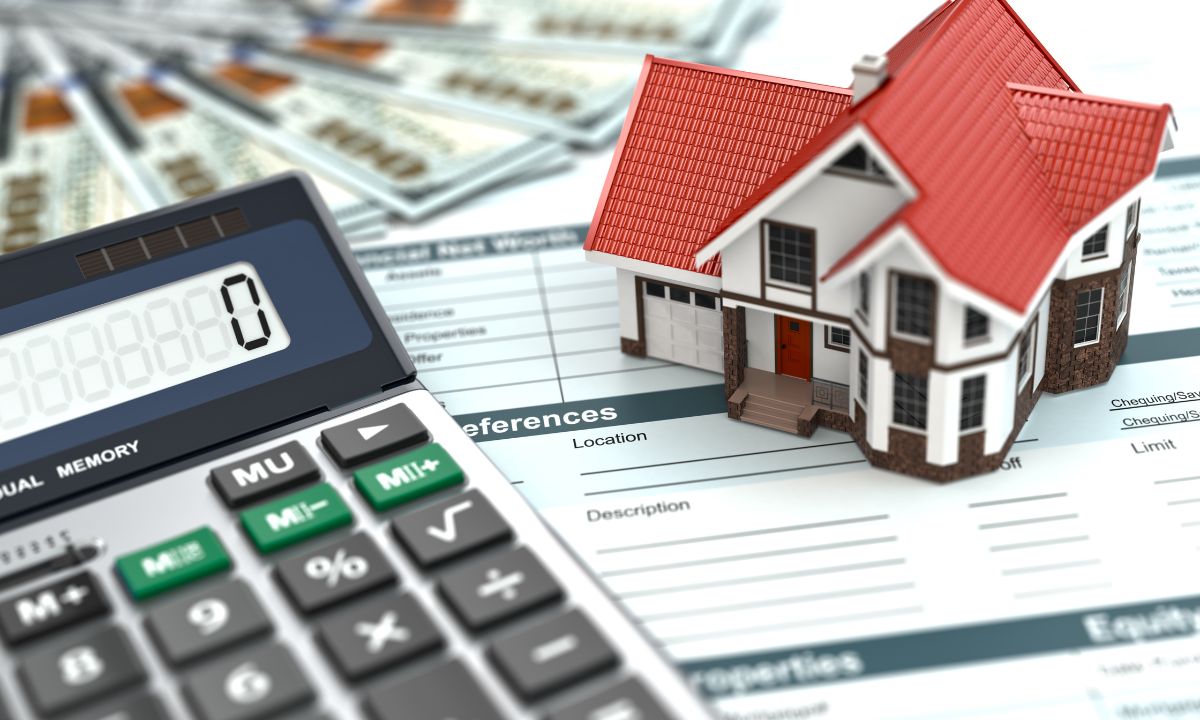 You’re about to start on an exciting journey toward homeownership. But before you dive headfirst into the world of real estate financing, there’s an important decision you’ll need to make which is choosing the right mortgage term.
You’re about to start on an exciting journey toward homeownership. But before you dive headfirst into the world of real estate financing, there’s an important decision you’ll need to make which is choosing the right mortgage term.
The mortgage term refers to the length of time you commit to a specific mortgage rate, lender, and conditions. It’s a critical aspect of your mortgage because it determines how long you’ll be making regular payments and the total amount of interest you’ll pay over the life of the loan.
Here’s a comprehensive guide to help you navigate the process of choosing the right mortgage term:
1. Understand the Basics
Short-term vs. Long-term: Mortgage terms typically range from as short as one year to as long as 30 years. Short-term mortgages offer lower interest rates but higher monthly payments, while long-term mortgages have higher interest rates but lower monthly payments.
Fixed vs. Adjustable: With a fixed-rate mortgage, your interest rate remains constant throughout the term of the loan. In contrast, an adjustable-rate mortgage (ARM) offers a fixed rate for an initial period, after which it adjusts periodically based on market conditions.
2. Assess Your Financial Situation
Your financial circumstances play a critical role in determining the right mortgage term for you. Consider the following factors:
Income Stability: If you have a stable income and can comfortably afford higher monthly payments, you may opt for a shorter mortgage term to save on interest costs in the long run.
Budget Constraints: If you have budget constraints or prefer more predictable monthly payments, a longer mortgage term with lower monthly payments might be more suitable.
Future Plans: Consider your long-term financial goals and lifestyle preferences. Are you planning to stay in your current home for the foreseeable future, or do you anticipate relocating within a few years?
3. Evaluate Interest Rates
Interest rates play a significant role in determining the overall cost of your mortgage. Generally, shorter-term mortgages tend to have lower interest rates compared to longer-term ones. Take the time to compare current interest rates and projections to make an informed decision.
4. Calculate Total Interest Costs
Use online mortgage calculators or consult with a financial advisor to estimate the total interest costs over the life of the loan for different mortgage terms. This will help you understand the long-term financial implications and make a more informed decision.
5. Consider Your Risk Tolerance
Your risk tolerance and comfort level with fluctuations in interest rates should also influence your decision. If you prefer stability and predictability, a fixed-rate mortgage may be the better option, regardless of the term length.
6. Seek Professional Guidance
Don’t hesitate to seek advice from mortgage brokers, financial advisors, or real estate professionals. They can offer valuable insights and help you navigate the complexities of mortgage terms and options.
Choosing the right mortgage term requires careful consideration of your financial situation, goals, and risk tolerance. Remember, your mortgage term is a significant financial commitment, so take the time to explore your options and choose wisely. By understanding the basics, assessing your needs, evaluating interest rates, and seeking professional guidance, you can make an informed decision that aligns with your long-term objectives.
 Embarking on a construction project entails countless challenges, and managing the associated budget is a crucial task. A well-planned and meticulously monitored budget ensures the project’s success without financial hiccups. Here’s a comprehensive guide on effectively managing a construction loan budget.
Embarking on a construction project entails countless challenges, and managing the associated budget is a crucial task. A well-planned and meticulously monitored budget ensures the project’s success without financial hiccups. Here’s a comprehensive guide on effectively managing a construction loan budget.